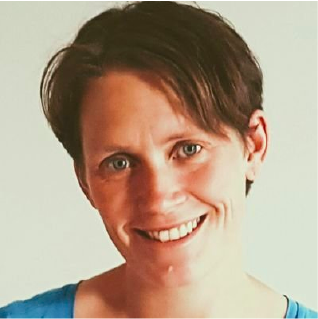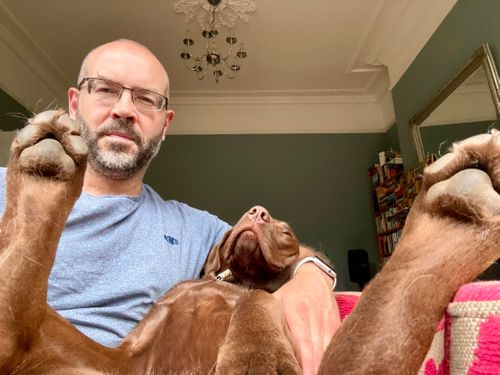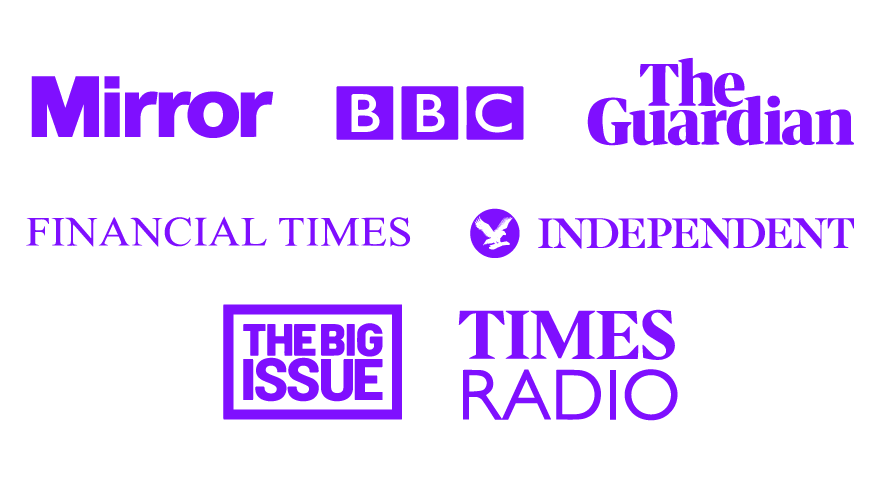In England, it is the start of the last week of the ‘summer term that wasn’t’: a week that would routinely be filled with sports days, summer fairs and preparation for the six week summer holidays. Instead, schoolchildren and their parents have faced a long and – often hard – few months without the routine of school, and with many pupils now not having been inside a classroom since late March. This has created a historically unprecedented and extraordinary set of challenges for children and their parents. It has been incredibly hard for families to navigate a new world of social distancing, virtual learning and, in many cases, what feels like the almost impossible juggle of paid and parenting work, when child-care suddenly disappears.
In the early days of the outbreak of Coronavirus in the UK, there was much talk of us ‘all being in it together’, the idea that the virus did not discriminate and could affect us all – not least our royal family and the PM himself. But this talk of unity and a commonality of experience has quickly been exposed as hollow by the realisation that the experiences and risks of Coronavirus, and the subsequent economic shocks, are profoundly unequal. It is becoming increasingly apparent that Coronavirus will not only harden existing inequalities, but also create new ones.
Take lockdown with school children at home as an example. The experiences of families who can afford resources and activities to entertain their kids – who have superfast broadband, devices for their children to learn on, and even money left over for online tutorial lessons and paid-for online art classes – couldn’t be more different from the experiences in households where money is tight. In these households, access to the Internet may be on a pay-as-you-go and so rationed basis, and there is little money leftover for activities and ‘treats’.
Against this context, it is critical that we make sense of the varied experiences through the pandemic and consider how these are shaped by difference – by ethnicity, gender, income level, employment status, health/impairments and age. In our new COVID Realities project, we want to explore the experiences of parents and carers of dependent children, who are living on a low-income. We want to capture the experiences of those who were already living in poverty before the pandemic and those who have been pushed into poverty by it.
We believe it’s essential to understand and document the experiences of and challenges faced by parents and carers in the current crisis; to consider how – if we look back to the example of the ‘summer term that wasn’t’ – parents responded to the new and difficult context in which we all live. Looking forward, as lockdown starts to lift, opportunities will emerge for some but not all families to salvage something of the summer, to get away for a holiday, to have a much-needed day out, and to meet up with families and friends. But these opportunities will not be experienced by all – as Jasmine, a parent in our early work on this study, explained in a diary entry:
Through the COVID Realities project, which launches this week, we are creating an online space where parents and carers living on a low income can document and share their experiences. This could be through diary entries or through taking part in short, engaging activities – or both. We want to work in partnership with parents and carers, developing recommendations for change that draw upon their own experiences, and building a project that is informed by their expertise and opinions. To support this, we will facilitate a series of participatory online workshops, where parents can come together and discuss what needs to change and why. We will also ask for suggestions and feedback from parents and carers as the project develops – is the diary enjoyable and practical, are the activities engaging?
For this project to play a meaningful part in documenting the ‘new normal’ for families on a low income, we need parents and carers to get involved, to work with us to share their experiences and to reach out to wide audiences. We know this is asking a lot when everyone’s time is so precious and when the demands that are placed on it are so often multiple and immediate. But we ask all the same, as we believe it is essential that more is done to both understand – and address – the challenges that families on a low income face right now. As the six week summer holiday comes into view, we begin that task. We look forward to working with others to make sure that promises to #buildbackbetter don’t neglect the experiences and needs of families living on a low income.






